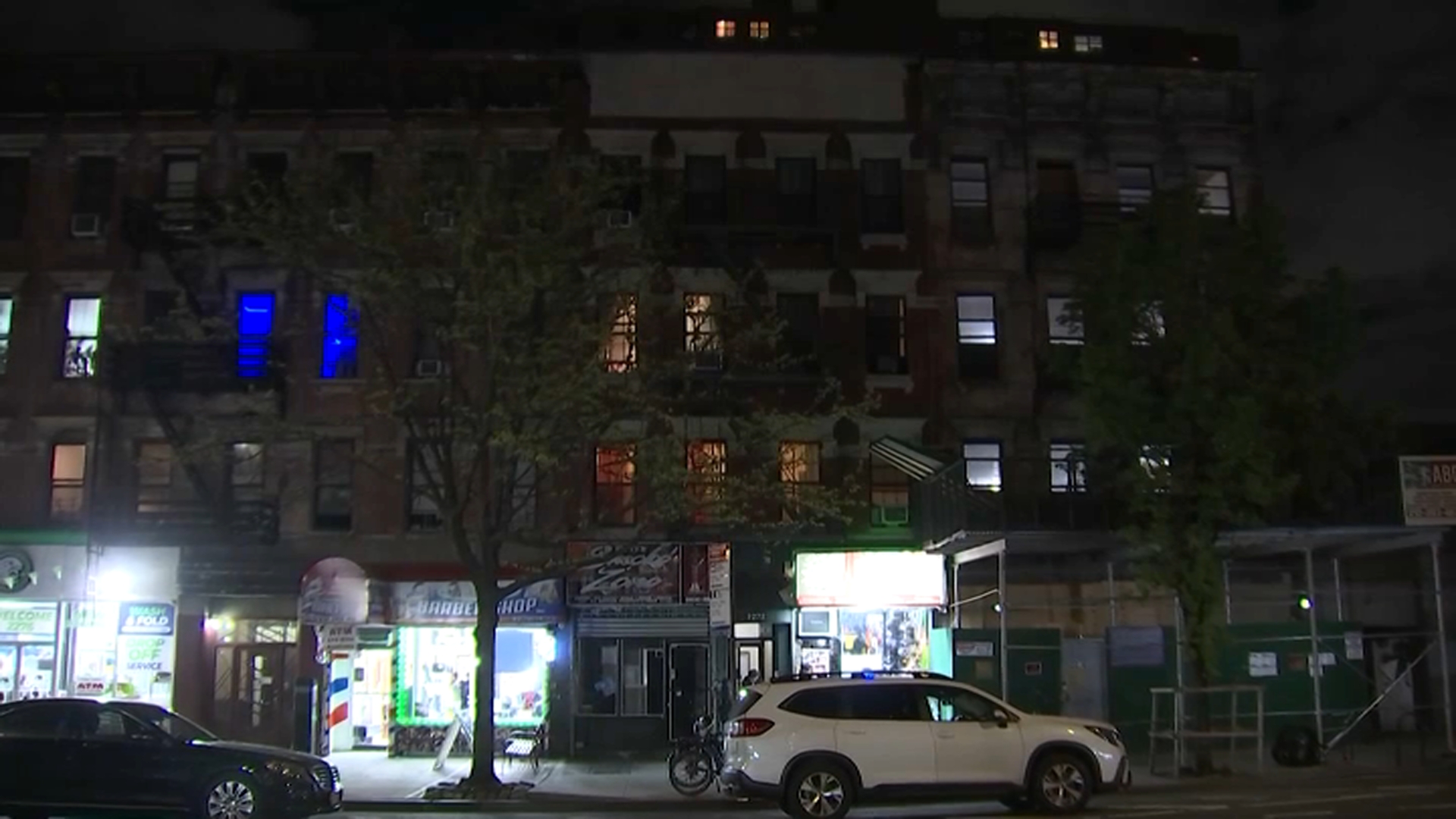The city of New York has many claims to fame -- and "marijuana arrest capital of the world" may be one of the newest, according to two news reports.
The number of stop-and-frisks performed by the NYPD has increased dramatically in the past decade, records show. The number of marijuana arrests in 2008 -- 40,383 -- was more than the combined number of arrests during mayors Koch and Dinkins' tenures as well as the first two years of Giuliani's mayorship, according to the Daily News. And that number increased by 15 percent from 2008 to 2009.
Brownsville, Brooklyn has one of the highest stop-and-frisk rates in the city, and is the highest area in terms of marijuana arrests, reports the New York Times. There, the police conduct as many stop-and-frisks a year as there are residents — 14,000 — according to a separate Times investigation, which found that less than 1 percent of the people stopped were charged with any wrongdoing.
These findings have elicited controversy among New Yorkers. Some say the police are just trying to fill quotas -- others argue that it amounts to racial profiling. Still others say it's just the police doing their job, and point to the city's decreasing crime rate.
Police say that marijuana arrests, and stop-and-frisk searches in general, help prevent worse crimes. "When Giuliani was mayor of the city he started a program focusing on what we call 'quality of life crimes:' smaller crimes that, if removed and dealt with, prevent people from escalating to the next level of crime," an NYPD spokesperson told NBCNewYork. "We reallocate our resources to deal with certain types of crime."
The policy is based on the Broken Window theory, which posits that the existence of smaller crime -- in this case, marijuana use -- encourages potential criminals to commit greater crimes. Conversely, according to the theory, eliminating small-scale crime prevents escalation to more serious acts.
Now city crime rates are decreasing (although violent crime is increasing) and the number of stop-and-frisks and marijuana arrests is increasing. Concerned critics see the rising amount of marijuana arrests as troubling, arguing that the stop-and-frisk method invites racial profiling.
Local
Marijuana use "holds pretty constant in big cities, small cities...there are light regional differences, but everywhere whites use marijuana at higher rates than blacks and Latinos," sociology professor Harry Levine of Queens College told NBCNewYork, "[but] blacks are arrested at nine times the rate of whites, Hispanics at four times the rate of whites," he said, citing data from the National Survey on Drug Use and Health and the Monitoring the Future survey.
Other reports disagree that Giuliani's "broken windows" policy is effective. A report by Professors Bernard E. Harcourt and Jens Ludwig of the University of Chicago and Georgetown University respectively argues that there is no confirmed correlation between increased marijuana arrests and a decrease in organized crime.
"In addition, the pattern of arrests disproportionately targeted African Americans and Hispanics," the report reads. "In a city in which tensions between the police and the minority community were already running high as a result of (potentially productive) New York Police Department efforts targeted at guns and serious violent crime, stopping minority residents at disproportionately high rates for smoking marijuana in public seemed unlikely to do much to ease this friction."
Levine also points out that the people arrested for marijuana possession -- mostly between the ages of 18 and 25 -- will have those citations on their records for the rest of their lives, even if the charges are dismissed. Because African American and Hispanic people are disproportionately charged with marijuana possession, the arrests affect the rest of their lives. Meanwhile white people, although more statistically likely to use marijuana, are less likely to be arrested.



